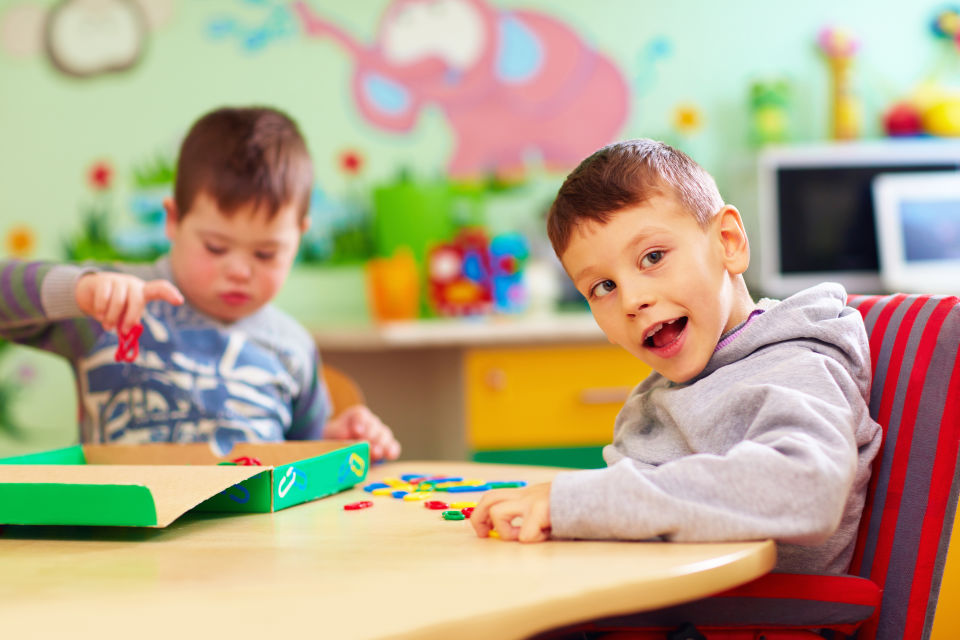Cerebral Palsy (CP) and other neurological or medical conditions can occur while a baby is developing during pregnancy. Here you will learn about the signs to look for and what you can do.

Cerebral Palsy (CP) is not one condition but rather a group of disorders that affect brain and muscle development. Because CP encompasses multiple, different conditions, there is no single known cause or outcome. What doctors do know is that CP occurs when something affects an infant’s brain development, which then impacts the child’s muscle movements and development.
There are three main CP classifications:
1. Ataxia – impact on balance and coordination
2. Dyskinesia – impact on controlled muscle movement
3. Spasticity – impact on muscle stiffness
Additionally, a child can be diagnosed as having a mix of any of these three classifications. Through developmental monitoring and screening at routine medical appointments, early signs of CP can be examined by your child’s pediatrician. Here are some of the early signs to look for:
Stiff body – straightens muscles for long periods of time, overextends neck/back, etc.
Floppy body – head hangs for long periods when child is picked up, low muscle tone, etc.
Difficulty rolling over or crawling
Difficulty with eating – bringing hands to mouth, swallowing, excessive drooling, etc.
Seizures
As a child with CP grows up, other challenges may develop as part of the condition. For example, learning difficulties and speech/language delays can occur with children with CP. Early, intervention to address a child’s specific display of CP symptoms can greatly help a child’s success. Occupational and physical therapy are the most common early intervention services because the child needs muscle and motor development support.
Other Medical or Neurological Conditions
Many developmental differences can occur during pregnancy. Because all parts of a baby’s body are developing during pregnancy, birth defects can occur and be detected early in an infant’s life. Some of these conditions are genetic, while others are caused by maternal factors or environmental conditions (drug/alcohol use during pregnancy, medications taken during pregnancy, a mother’s age, etc.).
Depending on the condition’s developmental effect, your child may qualify for early intervention services through the Regional Center and/or the local public school. Once your child’s specific needs are determined, therapies can specifically target any developmental needs.
Parent Tip: As a parent, you know your child better than anyone else. If you notice anything about your child's behavior or development that doesn't seem right, talk with your child’s pediatrician about your concerns.






